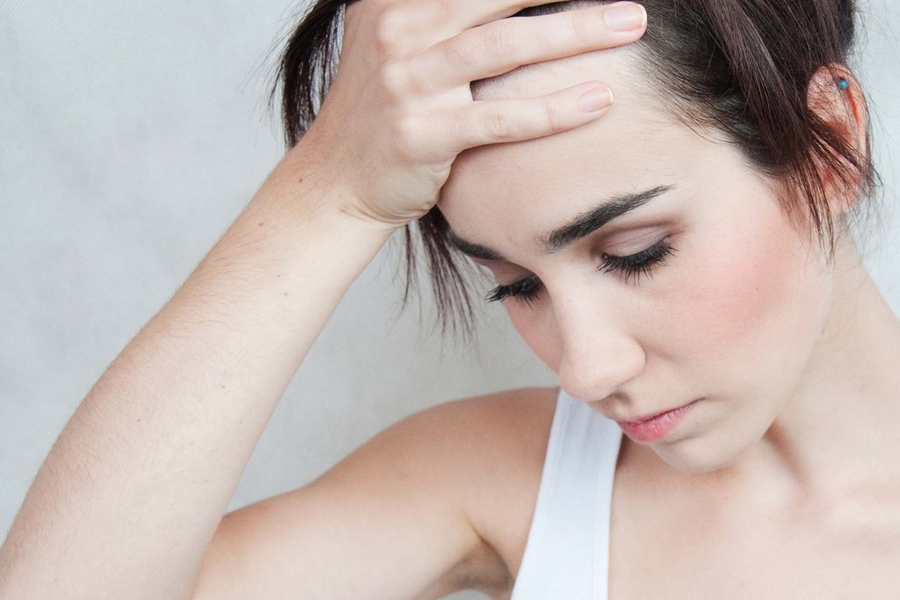
Your A-Z Guide to Urinary Incontinence!
17 Jan 2017 | 2 min Read
Sonali Shivlani
Author | 213 Articles
Women who have delivered through vaginal birth are more likely to have urinary incontinence compared to women who have delivered through surgical birth. This of course does not mean that surgical birth is a better option. There are various ways to handle urinary incontinence. Provided you are well equipped with the facts about it. Read on to find out…
What is Urinary Incontinence ?
Urinary incontinence is when you lose control of your bladder, which can affect about 50 % of women in the postpartum period. It could be just a small involuntary leak which might not even happen all the time. It can even happen just a few times in a year. There are two types of incontinences though.
The first is caused by some action such as a sneeze, cough, laugh or a jump. This is called stress incontinence. Many women experience this from the third trimester onwards as the uterus becomes heavy and is pressing against the bladder. Additionally there are hormones that make your tissues and joints more elastic to prepare your body for delivery and hence the bladder loses some of its support.
The second type of incontinence is when your bladder is very active, which means that when you feel the need to use the bathroom you may actually leak before you reach the bathroom. This is called urge incontinence.
You might experience a combination of both stress and urge incontinence in your postpartum period.
What can I do to help myself?
Having a cesarean section is naturally not the answer, since most women who surgically deliver, do end up with some kind of incontinence later in life, if not now. It is important then, to start thinking about toning your pelvic floor muscles during and post pregnancy.
Many women worry about toning the abdomen and buttocks in the postpartum period but doing the kegels which is a pelvic floor exercise can actually be more beneficial. Kegels, if done correctly can actually minimize both stress and urge urinary incontinence. Start doing kegel exercises from the fourth month of pregnancy and continue doing the same even in the postpartum period.
If the problem persists beyond a year or you find yourself unable to go about your day to day activities, you may want to consult your doctor.
Source for banner image: onlyaesthetics.sg
A


Related Topics for you
Suggestions offered by doctors on BabyChakra are of advisory nature i.e., for educational and informational purposes only. Content posted on, created for, or compiled by BabyChakra is not intended or designed to replace your doctor's independent judgment about any symptom, condition, or the appropriateness or risks of a procedure or treatment for a given person.
